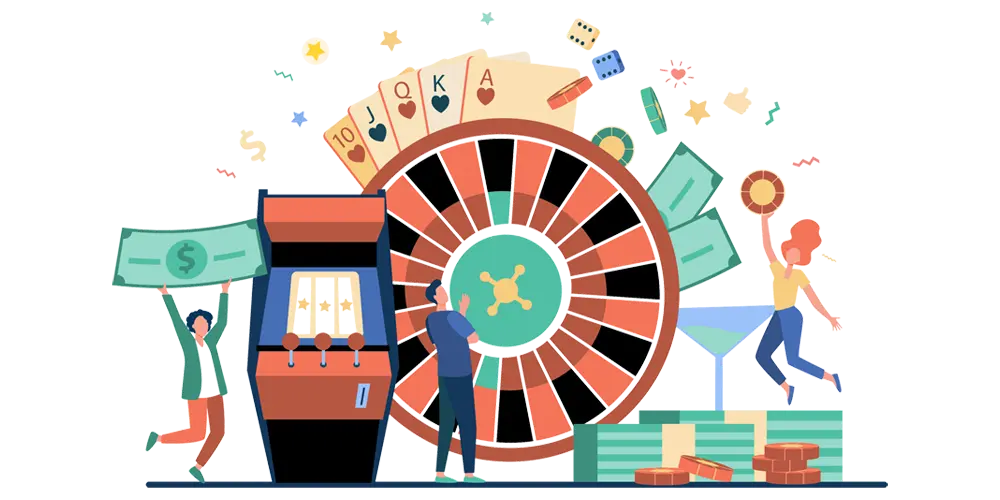At iGaming Canada, our mission is to be the premier resource for Canadian online gamblers. Central to our mission is our unwavering commitment to promoting responsible gaming. We understand that while online gambling can be an enjoyable and entertaining activity, it can also pose significant risks if not managed responsibly. We are dedicated to fostering a safe and supportive environment for all players.


